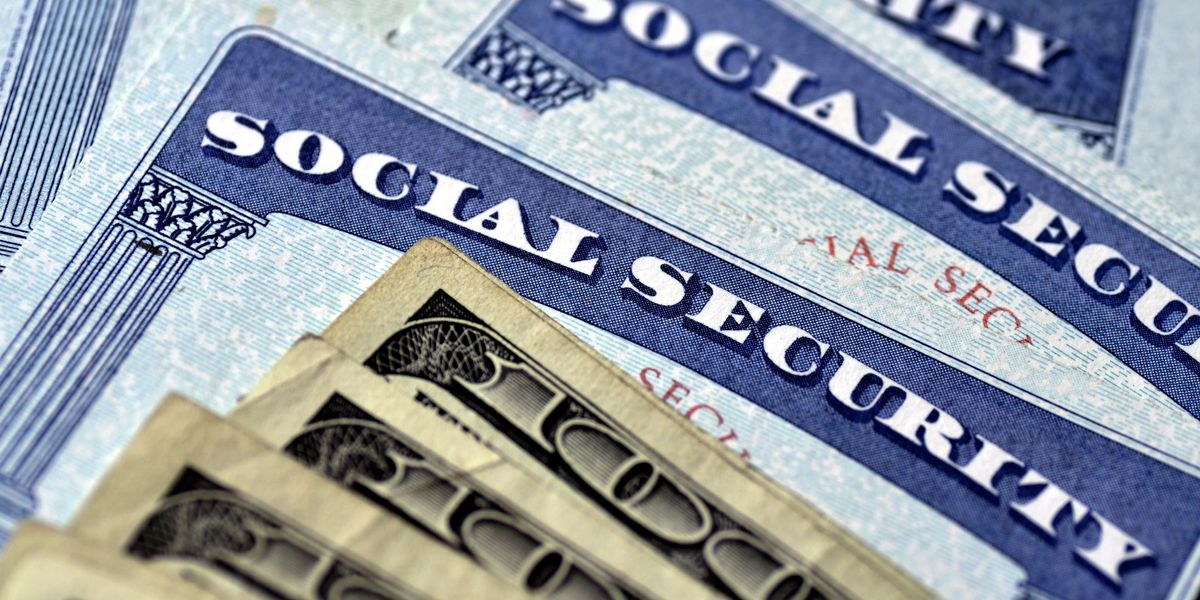The interest buys us nothing.
It also costs you nothing.
So...
The interest payments most certainly cost something.
Pretending it has no cost leads to hyperinflation.
Nah, failing to recover the fraction of it that only adds ephemerally to GDP as tax, leads to inflationary pressure, but that's not a cost, it's a response to spending, and it applies to
all spending, it's not in any way specific to interest payments.
And hyperinflation is something completely different. It requires the collapse of productivity, or the forced export of the products of an economy without payment.
Hyperinflation requires the rapid printing of vast amounts of money, but that's an effect, not a cause, of hyperinflation.
The cost of US dollars to the US government is zero. The rate at which they produce those dollars is unlimited. The ideal
NET rate of [production minus destruction] (taxation being the destruction of money) is defined by policy, and is a combination of the growth in demand for money (which is largely outside policy control), and the target rate of inflation (which is purely a matter of policy).
However, other inflation controls, such as interest rates, have far greater influence on money supply than interest paid to bond holders, so interest payments on the national debt are of fairly trivial importance even for historically high levels of national debt:GDP ratio.


